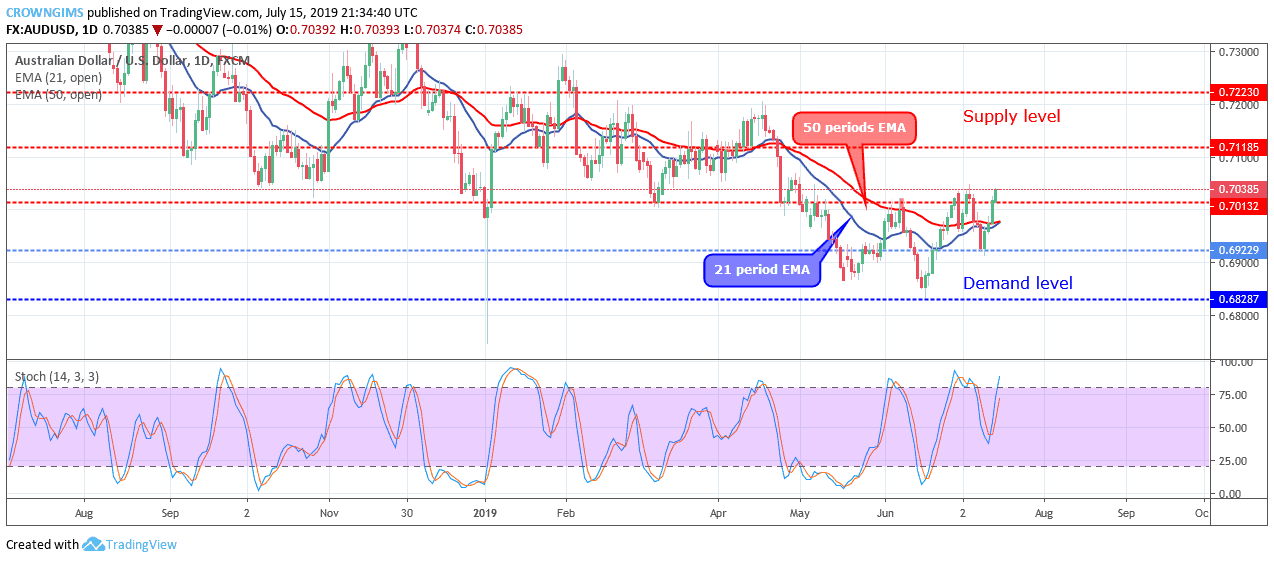Join Our Telegram channel to stay up to date on breaking news coverage
Earlier this week, authorities within the U.K. published a draft of the Economic Crime Plan (2019-2022), a detailed outline of its intent to curtail the rise of crimes within the state.
The plan, which was agreed between the Secretary of State for the Home Department Sajid Javid, Chancellor of the Exchequer Philip Hammond, and other law enforcement agencies within the U.K., shows the authors’ method of tackling the issue of ‘dirty money’ being circulated. To achieve this, authorities plan to institute stricter information dissemination standards amongst both private and public sectors of the economy.
Speaking on the need for this, Chancellor Hammond pointed out that while anti-money laundering (AML) systems are very strong within the U.K., authorities have discovered that a lot of Brits still fall victim to fraud and scams.
He decried the effects of these crimes, claiming that they have helped bolster a new breed of criminals, while also eroding the faith of the citizens in the traditional financial system and restricting the government from reaching its economic development benchmarks.
To wit, the authorities have given the Financial Conduct Authority (FCA), Britain’s financial watchdog, the authority to supervise regulations. The FCA will be responsible for developing proper AML regimes for crypto businesses across the country, and will also be tasked with “going beyond international standards to create one of the most comprehensive global responses to the use of crypto assets in illicit activity.”
It’s unclear what the FCA’s idea of “AML regime” would look like, but given the watchdog’s recent stance on the crypto market in Britain, it’s quite safe to say that all bets are off at this point.
A few weeks ago, the FCA pushed to ban the sale of crypto investment products on cryptocurrency exchanges and other marketplaces. In an announcement published to that effect, the FCA described cryptocurrency derivatives and exchange-traded notes as ill-suited” investment products, which could endanger retail investors who could find it hard to assess the risk involved.
Christopher Woolard, Executive Director of Strategy & Competition at the FCA, added that unlike traditional markets and stock trading, most crypto assets remain unregulated within the state’s financial framework, and this means that many investors would have difficulties with finding the valuations of these investment products.
The regulator also pointed out the need to ensure investor protection, especially as cryptocurrencies “have no reliable basis for valuation,” are extremely volatile, and are often used by criminals to defraud unsuspecting victims who have an insufficient understanding of how they work.
To wit, the watchdog proposed an outright ban on the “sale, marketing, and distribution” of “all derivatives,” including “contracts for difference (CFDs), options, futures, and ETNs” to retail investors.
If the FCA feels this way about crypto assets, there’s a case to be made that while its idea of AML regimes as regards crypto assets might not be to simply impose a ban on their sales and trades a la crypto investment products, it could enforce stringent information-sharing regulations on cryptocurrency exchanges and other asset custodians.
Either way, if its recent treatment of cryptocurrency derivatives is any indication, things could get difficult for British-based crypto businesses really quick.
Join Our Telegram channel to stay up to date on breaking news coverage


